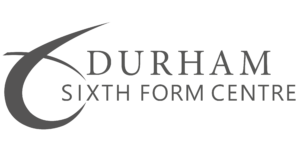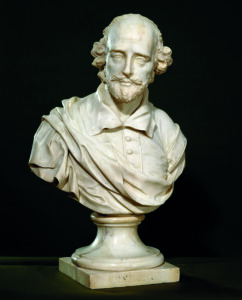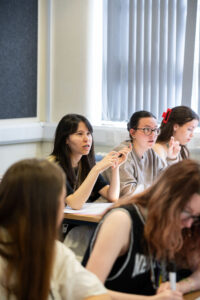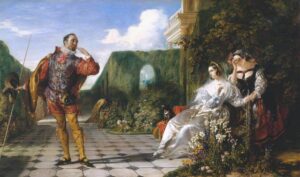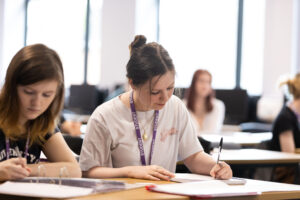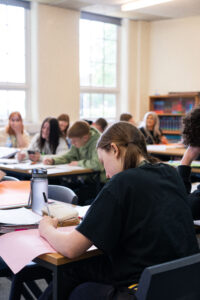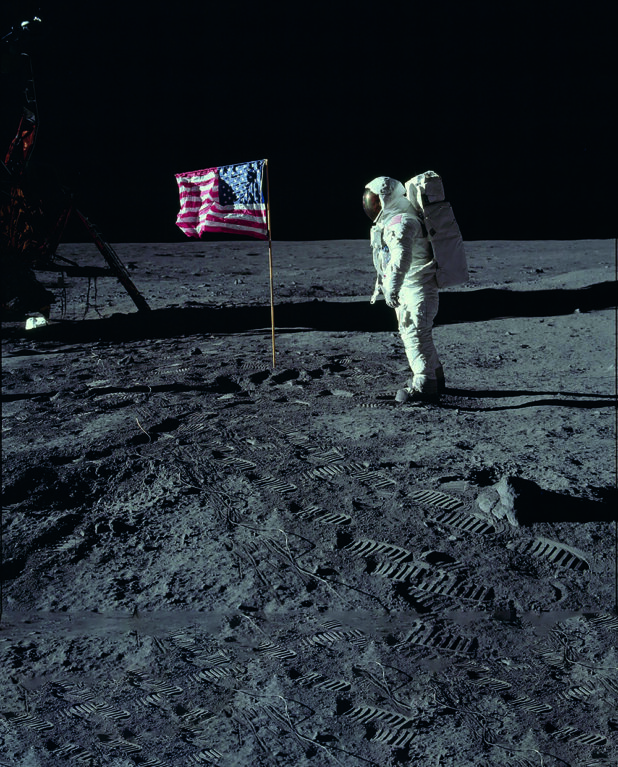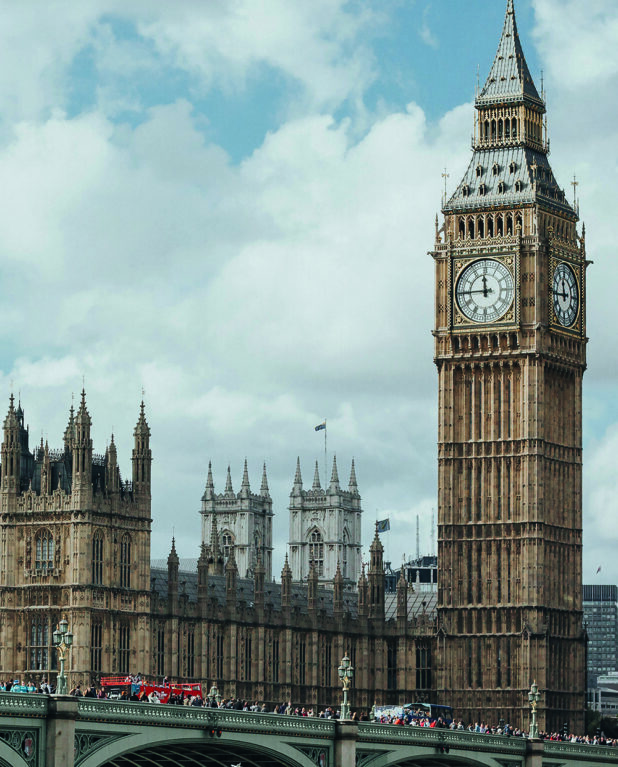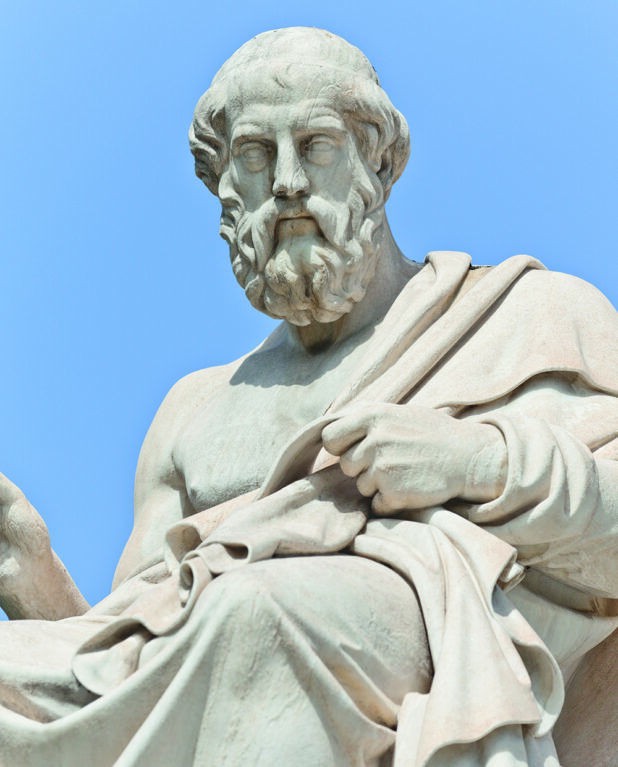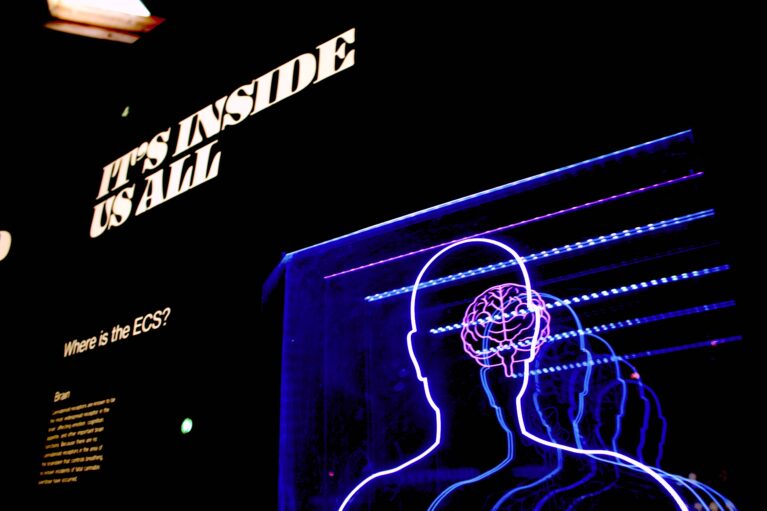Texts are explored in a variety of ways, ranging from whole class to small group work, from writing responses to close textual analysis of the works under discussion. Dramatisation of specific aspects of literature is another strategy employed. Video and live theatre performances of set texts or adaptations of them are utilised to enhance students’ understanding. The resources of Durham Sixth Form Centre, in conjunction with the teaching methods used, enable students to respond through and beyond the traditional critical essay.
Teaching and Learning Methods
The course also requires the reading of recommended critical texts on chosen authors. Students are provided with a critical bibliography as they complete each text and will be expected to show evidence of wider reading in their written assignments. Students are encouraged to read widely around the prescribed texts so that students acquire a knowledge of literature beyond the confines of texts studied solely for examination purposes.
The English Literature Google site is regularly updated with articles and information from contemporary sources to keep students informed of issues relevant to their studies.
Assessment
The A Level English Literature specification offers a course in which final exams are integral. There is a mixture of open and closed book exam papers. Students build upon the knowledge, understanding and skills they have acquired at GCSE. The course extends both the study and range of their reading as well as developing techniques of analysis, debate and discussion of literary texts appropriate at these higher levels. Study will cover at least eight texts over the course of the two years. The first of the two A Level papers is concerned with the genre of comedy (worth 40% of the qualification).
Students will study two dramatic comedies:
- The Importance of Being Earnest by Oscar Wilde
- Twelfth Night by William Shakespeare along with the prose text Emma by Jane Austen.
The second paper (also worth 40% of the total qualification) is related to the genre of political and social protest writing:
- The Handmaid’s Tale by Margaret Atwood
- Songs of Innocence and Experience by William Blake ( a poetry anthology)
- The Kite Runner by Khaled Hosseini.
The A Level also combines an element of coursework (20% of the qualification). This non-examined assessment (NEA) relates to an element of critical reading from an anthology which is applied to two texts; one prose, one poetry. This coursework reading is independent and affords the student an opportunity to read their own choice of texts (with an element of guidance from the teaching staff if required).
Skills and Careers Insight
A Level English Literature develops strong analytical, critical thinking, and communication skills as you dive into classic and contemporary texts. You’ll learn to interpret literature, explore themes, and express your ideas effectively through writing and discussion. These skills are highly valued in careers such as journalism, publishing, law, teaching, and media. Whether you aspire to be a writer, editor, lawyer, or work in the creative industries, A Level English Literature provides a strong foundation for a wide range of intellectually stimulating and rewarding career paths.
Labour Market Information
Student Testimonials
What do our students think about studying here?
